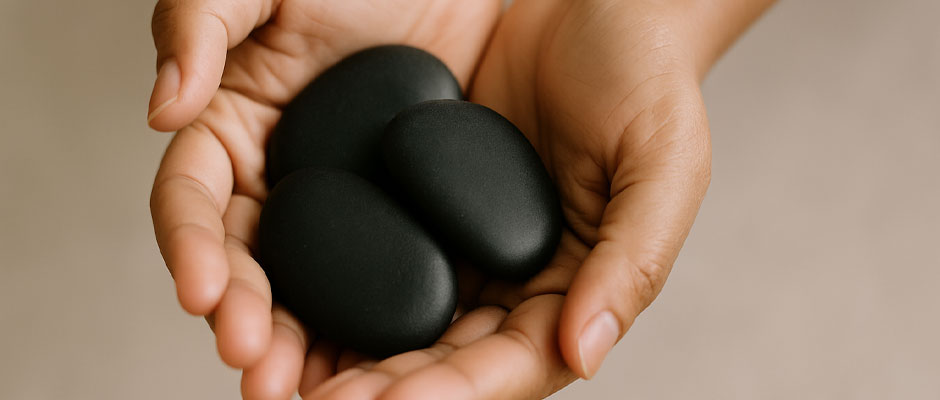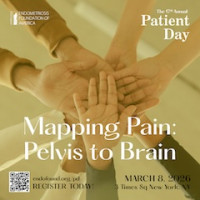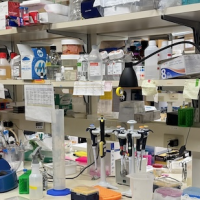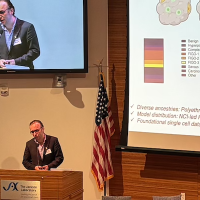
Endometriosis Conversations: What Not to Say, and What to Say Instead
An estimated 10% of women worldwide have endometriosis. This is a huge number, but many don’t even know what endometriosis is. Unfortunately, people often make assumptions about the disease, which can cause women with endometriosis to feel alone and misunderstood. If we want to create a supportive society, education and myth-busting are essential. Let’s look at some things people say that are simply untrue and what you should say instead.
“Endometriosis is Just a Painful Period”
This is one of the biggest assumptions many people make about the disease. Endometriosis occurs when tissue grows outside the uterus and begins bleeding during menstruation. This blood is unable to leave the body, which can cause inflammation, scarring, and extreme pain. Symptoms vary from person to person, but some women with the disease also experience heavy bleeding, back pain, infertility, painful bowels, and a range of other symptoms that can debilitate women. Endometriosis isn’t your typical painful period; it’s vastly different.
What To Say Instead
-
“It sounds really uncomfortable to live with; I’m here for you.”
-
“I’m here to listen if you need to rant about what you’re going through.”
It’s important not to compare and instead to see endometriosis as something completely different from a painful period. Making comparisons can cause someone to feel alone. Instead, validate how they’re feeling and be willing to lend a listening ear.
“Painkillers Like Paracetamol and Ibuprofen Will Stop the Pain”
Yes, painkillers can sometimes be useful and reduce the pain, and ibuprofen can be good for reducing swelling. However, painkillers don’t always eliminate the pain completely, and a person with endometriosis knows what’s beneficial for them and what isn’t. For example, they might find using a hot water bottle more effective than painkillers. It’s very frustrating to hear advice from someone who doesn’t have to live with the disease every day.
What To Say Instead
-
“Is there anything I can do to help?”
-
“Would you like me to get you anything? A heated blanket, your favorite snack, or a hot water bottle?”
Instead of assuming what will help them, ask! For example, they might need your emotional support or help with chores around the house.
“Will You Ever Have Children?”
Many people don’t know that endometriosis can affect fertility and make it harder to get pregnant. This isn’t the case for everyone who has the disease, but the normal chance of getting pregnant each month for those without endometriosis is around 10-20%, whereas people who have endometriosis have a chance of around 1-10%. Asking someone if they plan to have children one day could upset a person; you don’t know what someone is going through.
What To Say Instead
If you know someone who has endometriosis, it’s best not to ask whether they’re planning to have children. Maybe they’ve been trying to have a baby for a long time, and you don’t know. Yes, this might not be the case at all, but avoiding the question also avoids upsetting someone.
“Endometriosis Isn’t a Valid Excuse for Canceling Plans”
The disease can affect everyday life and make it difficult to carry out activities such as meeting with friends. Sometimes, it’s best for someone with endometriosis to stay home and look after themselves rather than go out. If your friend with endometriosis cancels plans, that’s okay; do not take it personally.
What To Say Instead
-
“It’s okay that you’re not up for meeting today! We’ll make plans when you’re feeling better.”
-
“Make sure you get comfortable and look after yourself. Let me know if there’s anything I can do to help.”
Someone with endometriosis needs a support network around them that understands them. The last thing they need is their close friends getting frustrated because they canceled plans, which will only push them away. Make sure to validate how they’re feeling and let them know you’re there if they need your support.
Final Thoughts
Endometriosis can be extremely uncomfortable to live with, and it can be frustrating when people aren’t understanding or are unhelpful. It’s important to educate society about this disease, which is so prevalent among so many women worldwide.








